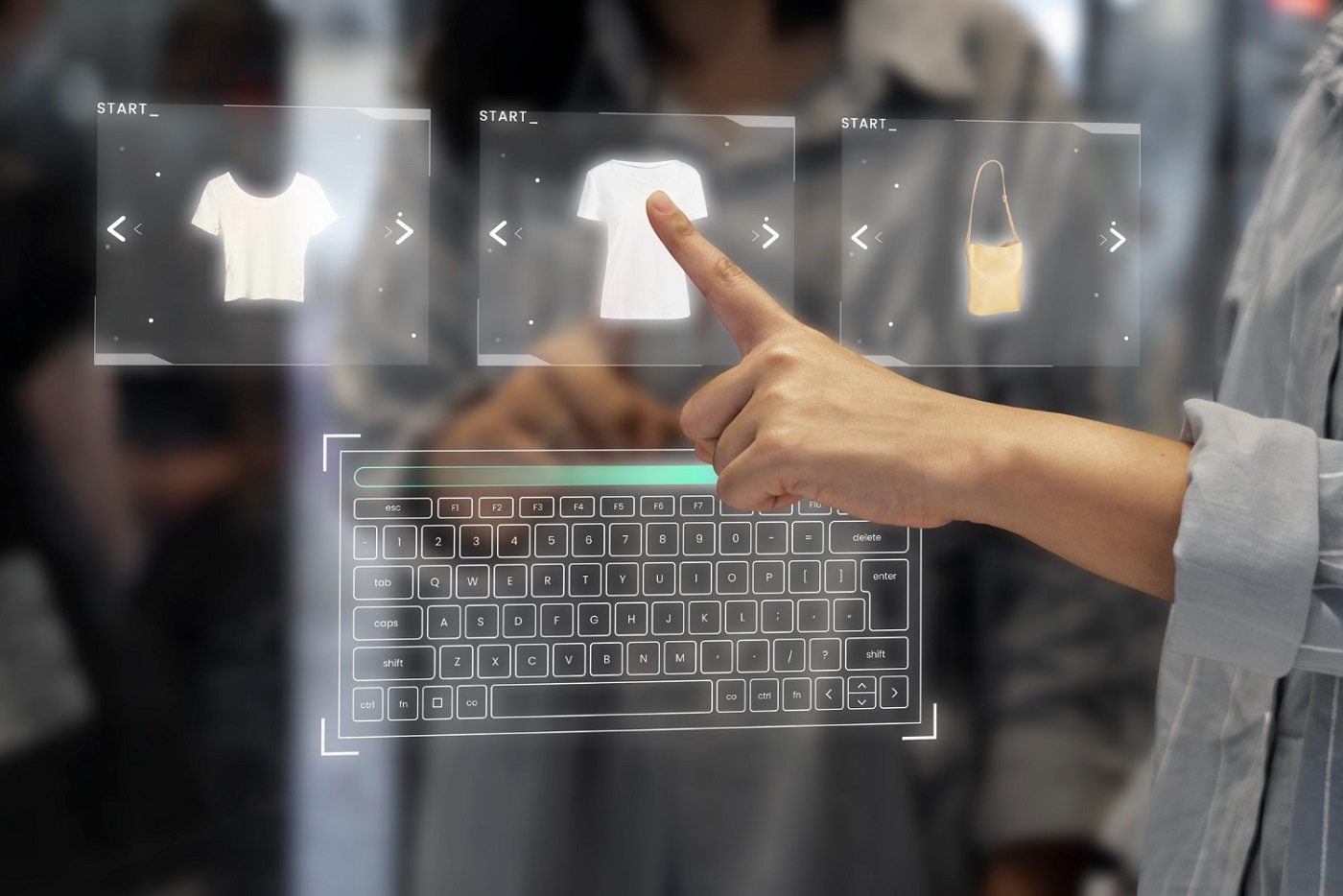Customers want personalized experiences that respond to their unique interests and demands in today's fast-paced world. In the hyper-personalized era, marketers use technology to improve the in-store experience and forge enduring customer relationships.
Companies are working to provide seamless, personalized experiences that stand out in a crowded market by using the power of data and implementing novel strategies.
This blog examines the numerous facets of hyper-personalization and how it is changing the conventional in-store experience.
-
1
Technology's Influence on Personalization
Technology is essential to the execution of hyper-personalization. Using advanced data analytics, AI, and automation by brands is crucial for gaining insights into consumer behavior and preferences. Brands may develop specialized product offerings, targeted promotions, and personalized suggestions by gathering and analyzing data from numerous touchpoints. This degree of personalization promotes consumer engagement, loyalty, and trust.
-
2
Factors for successful personalization
Successful personalization goes beyond simple customization, according to the following factors. It calls for a thorough comprehension of consumers' demands, preferences, and behaviors. In personalized experiences, brands must emphasize simplicity, clarity, and relevancy. Brands may improve the general consumer experience by giving clear, straightforward information, streamlining decision-making procedures, and making pertinent recommendations.
-
3
In-Store Personalization Techniques
To incorporate in-store personalization, brands are employing various strategies to engage and captivate customers. Social media has made consumers more aware and discerning, seeking unique and differentiated experiences. Brands are incorporating 3D technology to allow customers to visualize products, enabling them to make informed decisions. Additionally, digital gadgets that record shopping history help direct customers toward their preferred choices, providing a seamless transition between offline and online platforms.
-
4
Understanding the Consumer
Hyper-personalization is rooted in understanding the individual consumer. While some shoppers seek guidance and recommendations, others prefer to explore independently. To cater to both types of customers, brands are introducing interactive experiences such as scanning QR codes to access product demonstrations, allowing consumers to engage at their own pace and level of interest.
-
5
Personalization for Relevance and Differentiation
Hyper-personalization allows brands to gain relevance and differentiation in a competitive landscape. By tailoring experiences and offerings to individual customers, brands can forge a stronger emotional connection and create a sense of exclusivity. Moreover, personalization should not be restricted to a single channel but should be seamlessly integrated across various touchpoints, ensuring a cohesive and immersive customer journey.
-
6
Catering to Evolving Customer Expectations
With shrinking attention spans and an abundance of choices, customers demand highly personalized experiences that resonate with them. Brands must leverage technology, AI, and automation to deliver one-to-one personalization and create an omnichannel experience that seamlessly transitions between online and offline interactions. By visualizing products and using data to curate collections for targeted audiences, brands can create impactful experiences that meet customers' ever-changing needs.
By adopting innovative technologies, brands can collect and analyze consumer data to offer tailored experiences, recommendations, and promotions. The in-store experience is being transformed through 3D technology, interactive demonstrations, and personalized offerings. However, brands must strive for simplicity, clarity, and relevance in their personalization efforts to truly engage customers. As retailers embrace experimentation and prioritize personalization, they can enhance customer retention and improve Net Promoter Scores (NPS). Personalization is not just a trend but an enabler that allows brands to deliver exceptional customer experiences, ultimately fostering loyalty and differentiation in a competitive marketplace.
Read Responses
No Comments
Leave a Reply
Your email address will not be published.


